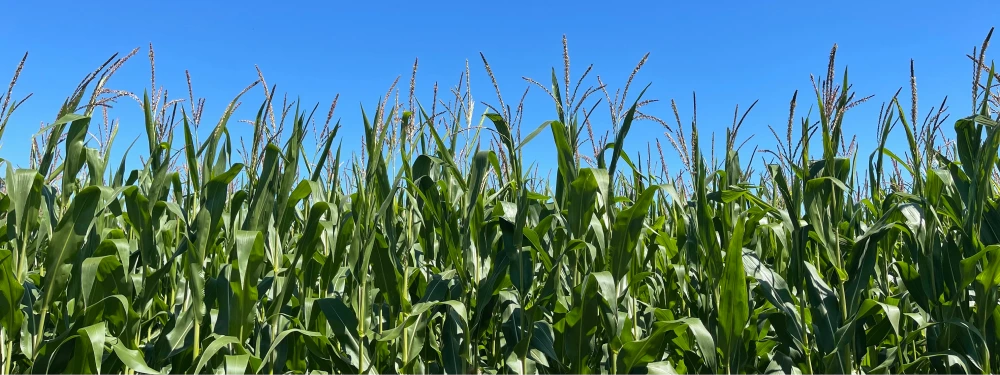

Leaders from 190 countries worldwide met in November 22 in the Egyptian town of Sharm el Sheikh and discussed actions to combat climate change. After the conference ran into overtime, forward-thinking agreements were forged; however, some areas of negotiation fell far short of expectations.
A headline-hitting deal was struck after an agreement was made to provide developing countries with a secure fund to support the victims of climate disasters. However, as the talks ended, there was no plan to reduce fossil fuel use and cut emissions. For this reason, COP27 was not a success.
For the first time in the history of COP (Conference of the Parties) broached the subject of food, nature-based solutions and the right to a healthy environment. During a roundtable discussion on “Food Security”, it was highlighted that due to climate change, there has been a breakdown in food systems and increased food insecurity. Global food demand continues to grow, and it's predicted that by 2050 the world's population will hit 9.6 billion people. In 2021, 820 million people suffered from hunger, whilst climate change continues to significantly impact agricultural land and livestock productivity.
"Besides being vulnerable to the impact of climate change, food systems are also a major contributor to GHG emissions (about one-third of global emissions). Hence, food systems must evolve to sustainably meet the growing demand globally,” reads the report.

It was recognised that new innovation has been aimed at tackling our broken food chain, but more work is needed to create a sustainably viable system. These three areas of focus were highlighted to aid the repair of the food system:


tell us what you think